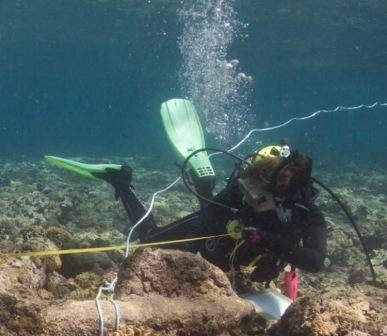Australian Students Discover Three Shipwrecks in Carpark

A group of Australian students has discovered three shipwrecks in Koombana Bay, near Bunbury, Western Australia.
The nine students from Flinders Maritime Archaeology University in Adelaide were working on a summer field project when they stumbled upon the wrecks, with the assistance of historical maps, radar and magnetometer surveys. The shipwrecks were located five metres beneath the carpark on Koombana Bay.
Although the names of the ships remain unknown, the student archaeologists found timber and metal fragments, along with the remains of what is thought to be an American whaling ship.
Koombana Bay was the site of numerous shipwrecks in the 19<sup>th century. Since then, its shoreline has been significantly altered by port and harbour development.
Meanwhile, other students of maritime archaeology from the university joined members of the Australian National Maritime Museum, the Silent World Foundation and James Cook University on an expedition searching for the wreck of a 19th-century ship.
The Royal Charlotte was a 471-tonne, three-masted wooden ship that was en route to India with a contingent of troops when it ran aground in the Coral Sea 450km (240 nautical miles) off the coast of Queensland in 1825.
The government rescued survivors of the shipwreck after six weeks. They had salvaged what they could from the ship and found refuge on a small sand cay more than a kilometre away.
Magnetometers and underwater metal surveys detected the wreck after two days.
"The shipwreck is significant to Australian maritime archaeology and maritime history, and I enjoyed being part of the search for, and subsequent documentation of, the wreck site," said PhD student James Hunter.
One of his lecturers, Dr Jennifer McKinnon, added: "The maritime programme is excited to see Flinders students take part in several significant shipwreck projects around the coast of Australia. The partnerships we forge with museums and agencies are a benefit to the university, the students and those organisations with which we work."
© Copyright IBTimes 2025. All rights reserved.






















